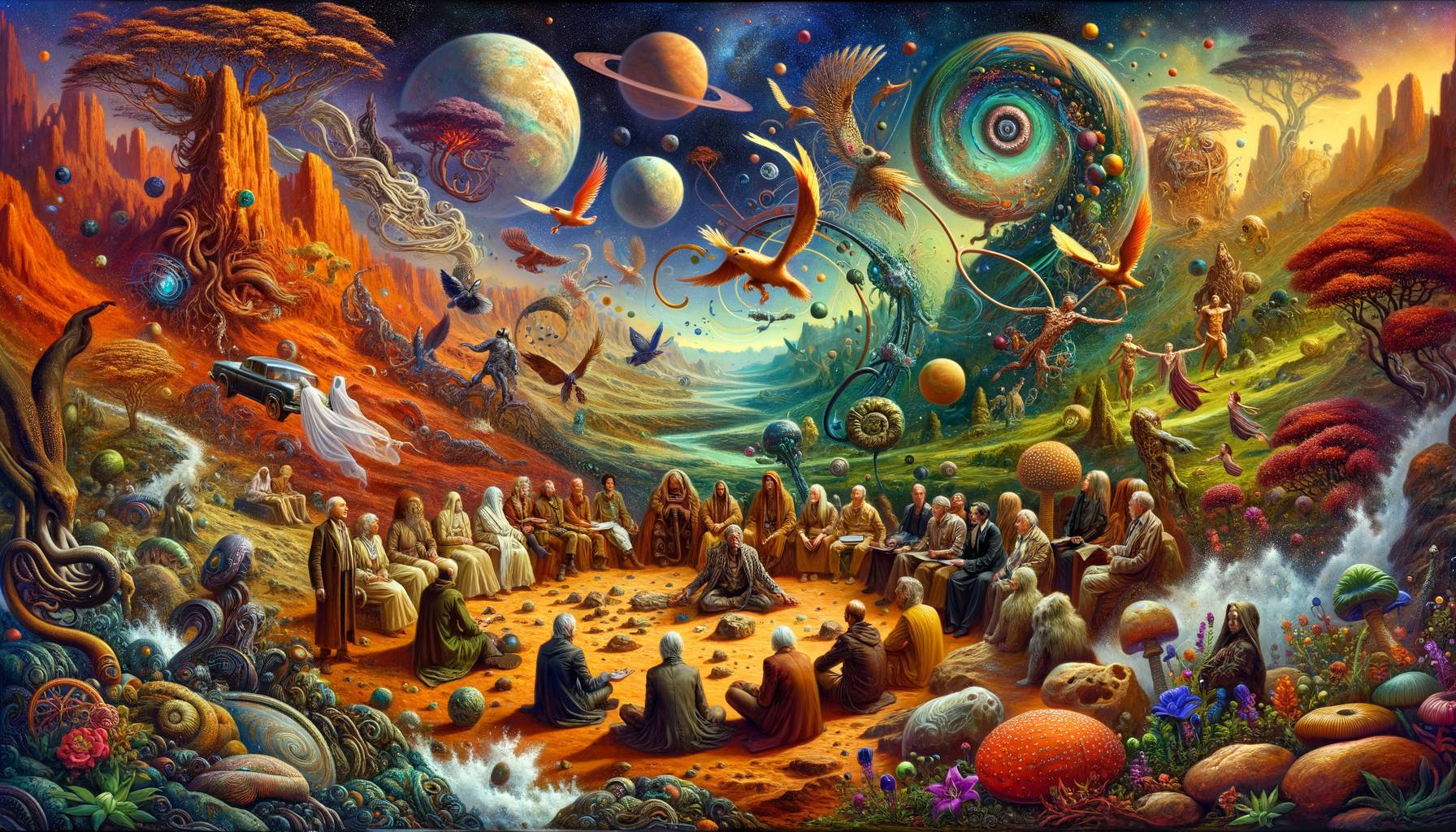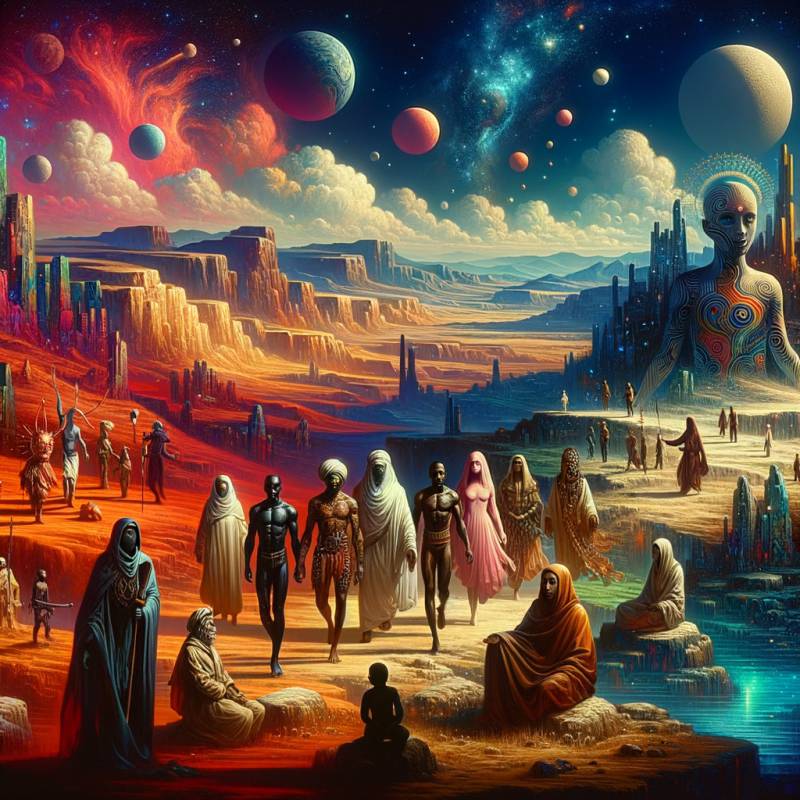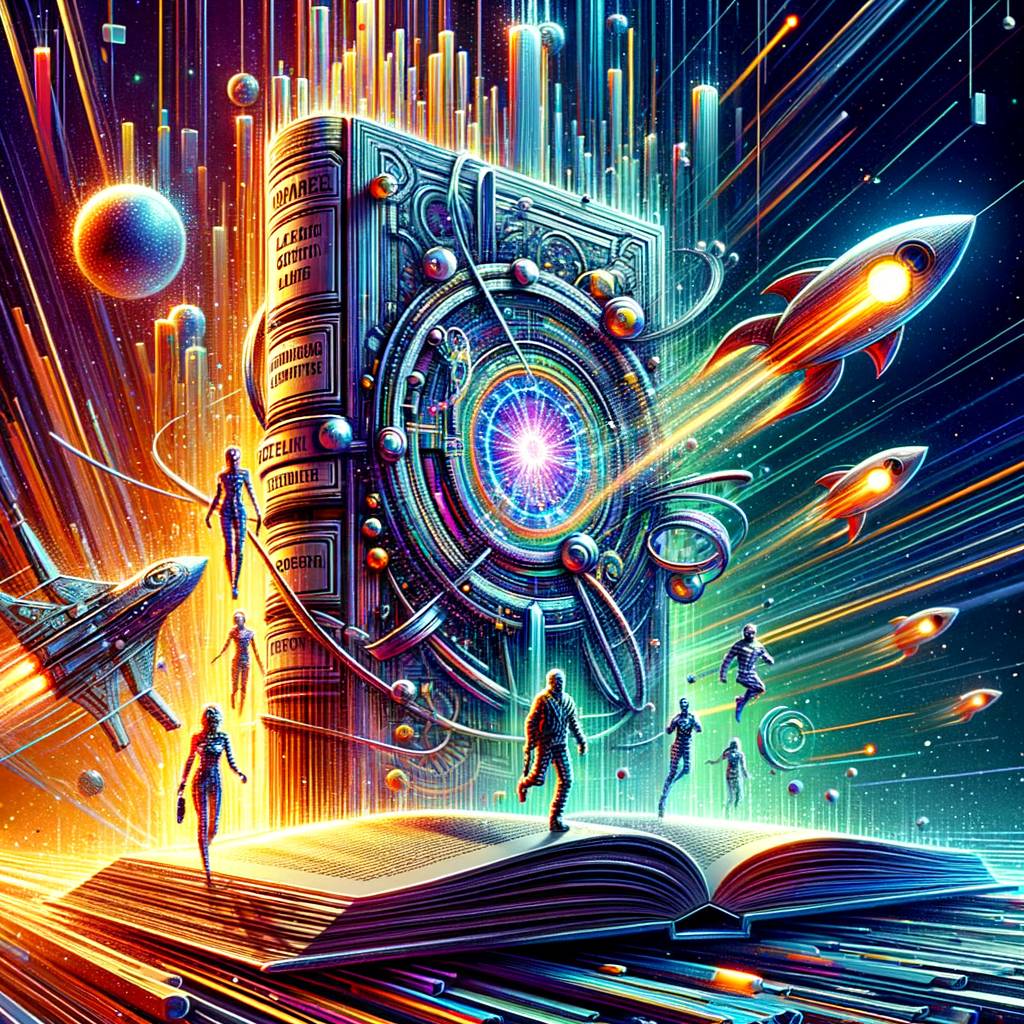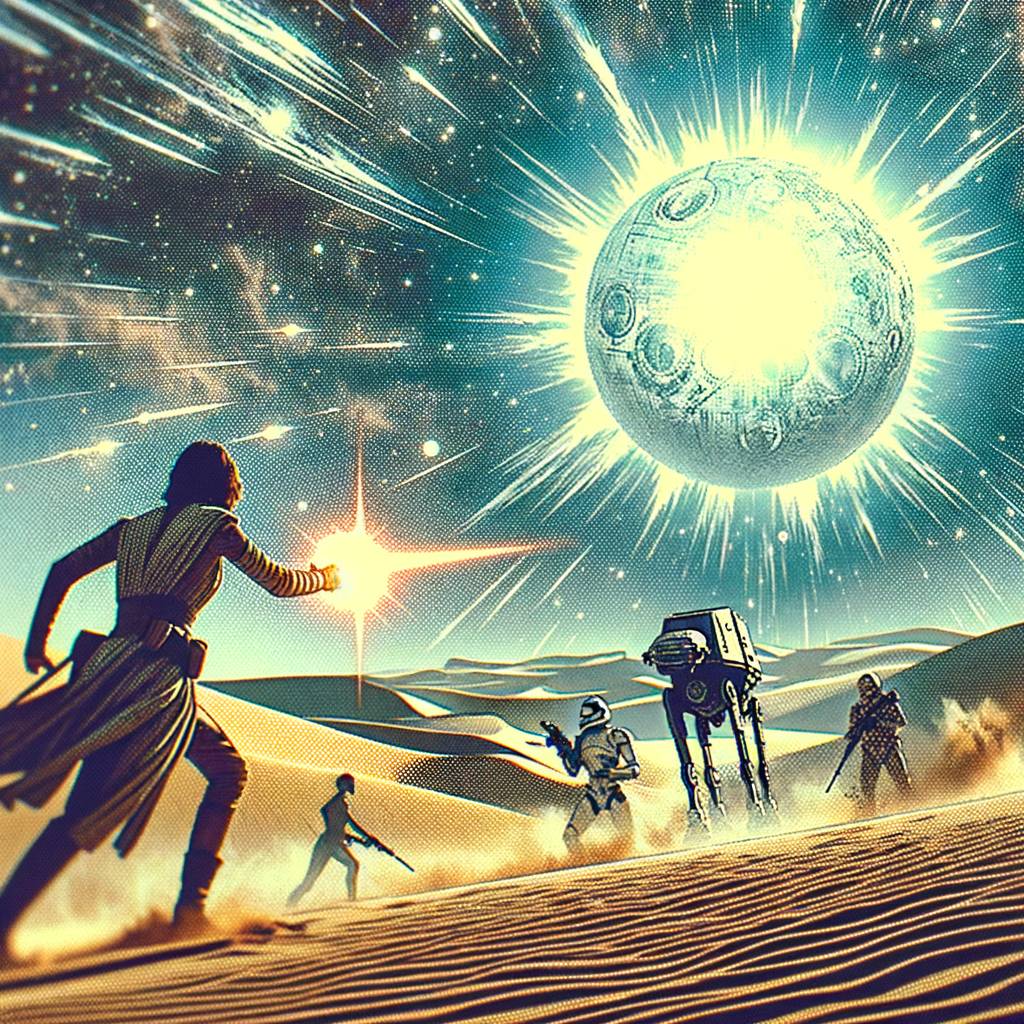Challenging Norms: The Cultural Impact of Heinlein’s Stranger in a Strange Land

When Robert A. Heinlein’s Stranger in a Strange Land was first published in 1961, it was nothing short of revolutionary. The novel, which tells the story of a human raised by Martians who returns to Earth, challenged societal norms and sparked a cultural revolution that continues to resonate today. This article explores the cultural impact of this seminal work, examining how it has influenced our views on religion, sexuality, and individualism.
Religion: A New Perspective
One of the most significant ways in which Stranger in a Strange Land challenged societal norms was through its portrayal of religion. The novel presents a new religion, the Church of All Worlds, which promotes a pantheistic view of the universe and encourages its followers to “grok” or deeply understand each other and the world around them.
Heinlein’s novel was one of the first to present such a radically different view of religion, and it had a profound impact on the counterculture movement of the 1960s. As Theodore Sturgeon noted in his review of the book, “Heinlein has used his considerable talents to saying something terribly important, terribly relevant and usually unspoken.”1
Sexuality: Breaking Taboos
Stranger in a Strange Land also broke new ground in its portrayal of sexuality. The novel’s protagonist, Valentine Michael Smith, is part of a Martian culture where sex is not taboo but is instead seen as a natural and enjoyable part of life. This was a stark contrast to the puritanical views of sexuality prevalent in the 1960s.
The novel’s frank discussions of sex and its positive portrayal of polyamory were revolutionary at the time and have continued to influence our cultural conversations about sexuality. As author Jo Walton noted, “It’s hard to remember, reading it now, how daring its sexual politics were in 1961.”2
Individualism: The Power of the Self
Finally, Stranger in a Strange Land championed the power of individualism. The novel’s protagonist, Valentine Michael Smith, is a true individual, shaped by his unique upbringing on Mars. His Martian philosophy encourages self-reliance and personal growth, challenging the conformity of 1960s America.
This celebration of individualism resonated with the counterculture movement and continues to inspire readers today. As Heinlein himself said, “The central theme of ‘Stranger’ is not merely the concept of a superman but, more importantly, the concept of a human being. Our essential dignity as individuals lies in our unlimited capacity for growth.”3
Conclusion
In conclusion, Robert A. Heinlein’s Stranger in a Strange Land was a groundbreaking novel that challenged societal norms and sparked a cultural revolution. Its innovative views on religion, sexuality, and individualism have had a profound impact on our culture, influencing everything from the counterculture movement of the 1960s to our ongoing conversations about these topics today. As we continue to grapple with these issues, Heinlein’s novel remains as relevant and thought-provoking as ever.
Footnotes:
- Theodore Sturgeon, “Galaxy’s 5 Star Shelf”, Galaxy Science Fiction, February 1962, p. 192
- Jo Walton, “Revisiting Heinlein’s Hugo Award Winning Novel”, Tor.com, July 8, 2011
- Robert A. Heinlein, “Expanded Universe”, Ace Books, 1980, p. 345



